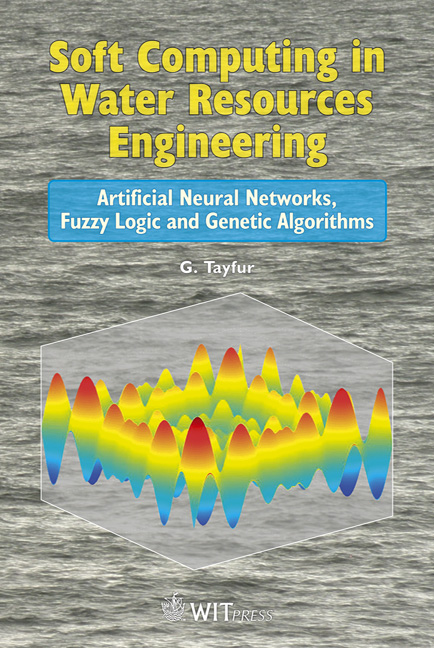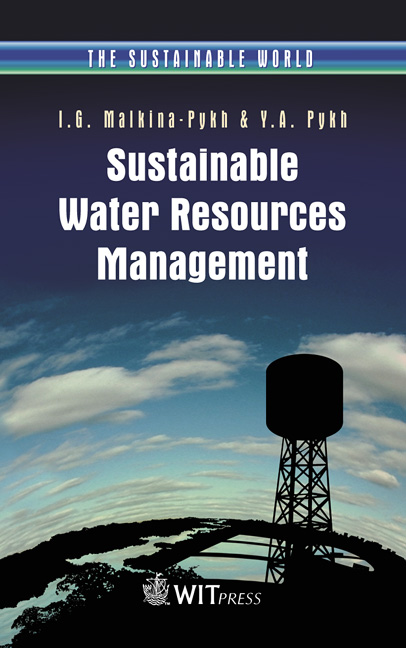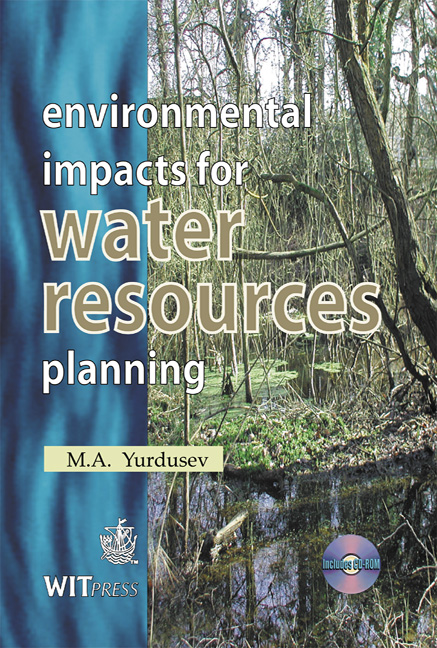Soft Computing in Water Resources Engineering
Artificial Neural Networks, Fuzzy Logic and Genetic Algorithms
Authors: G. Tayfur, Izmir Institute of Technology, Turkey
Price
£149.00 (free shipping)
ISBN
978-1-84564-636-3
eISBN
978-1-84564-637-0
Pages
288
Published
2012
Format
Hardback
Engineers have attempted to solve water resources engineering problems with the help of empirical, regression-based and numerical models. Empirical models are not universal, nor are regression-based models. The numerical models are, on the other hand, physics-based but require substantial data measurement and parameter estimation. Hence, there is a need to employ models that are robust, user-friendly, and practical and that do not have the shortcomings of the existing methods. Artificial intelligence methods meet this need.
Soft Computing in Water Resources Engineering introduces the basics of artificial neural networks (ANN), fuzzy logic (FL) and genetic algorithms (GA). It gives details on the feed forward back propagation algorithm and also introduces neuro-fuzzy modelling to readers. Artificial intelligence method applications covered in the book include predicting and forecasting floods, predicting suspended sediment, predicting event-based flow hydrographs and sedimentographs, locating seepage path in an earth-fill dam body, and the predicting dispersion coefficient in natural channels. The author also provides an analysis comparing the artificial intelligence models and contemporary non-artificial intelligence methods (empirical, numerical, regression, etc.).
The ANN, FL, and GA are fairly new methods in water resources engineering. The first publications appeared in the early 1990s and quite a few studies followed in the early 2000s. Although these methods are currently widely known in journal publications, they are still very new for many scientific readers and they are totally new for students, especially undergraduates. Numerical methods were first taught at the graduate level but are now taught at the undergraduate level. There are already a few graduate courses developed on AI methods in engineering and included in the graduate curriculum of some universities. It is expected that these courses, too, will soon be taught at the undergraduate levels.









